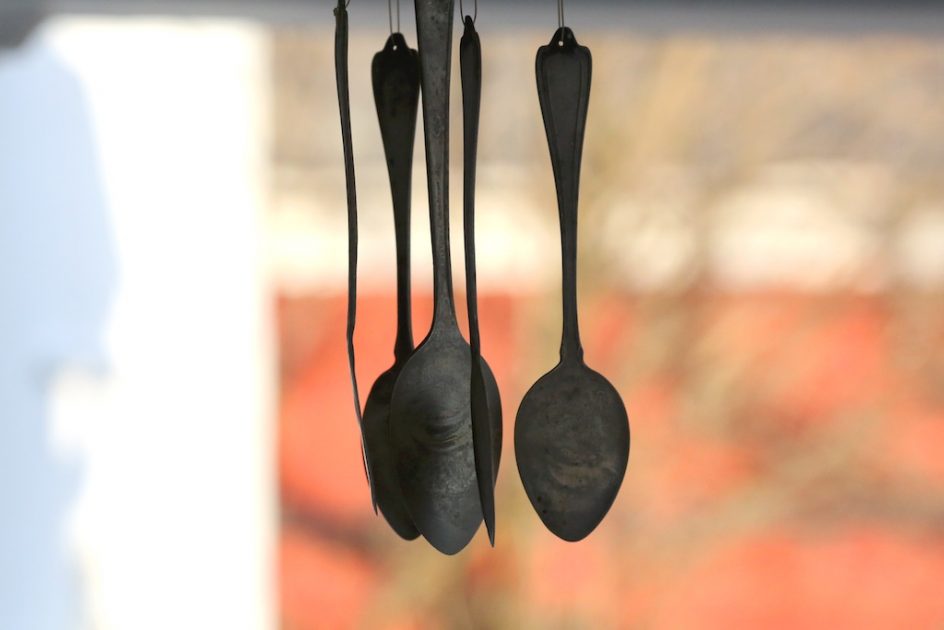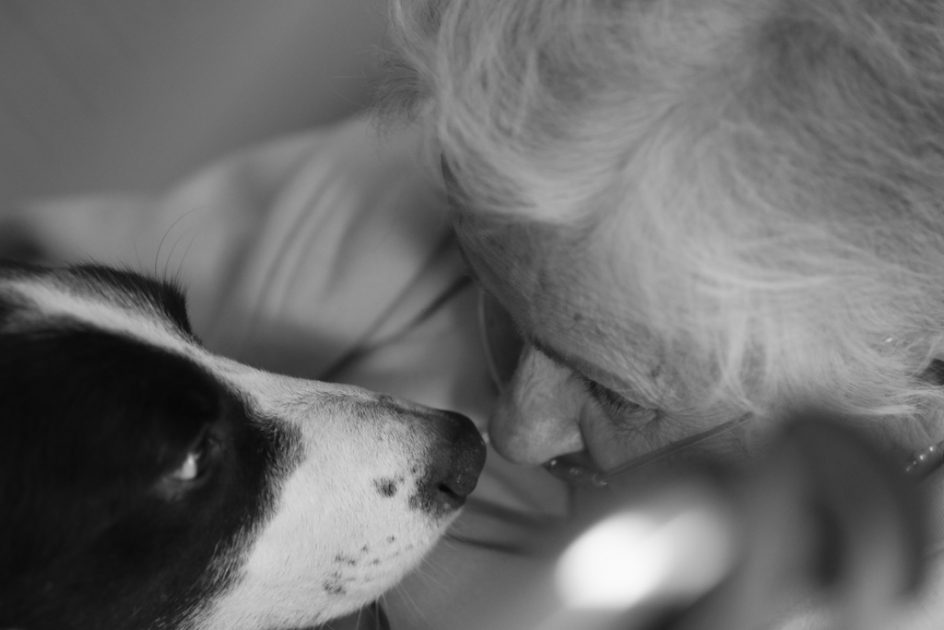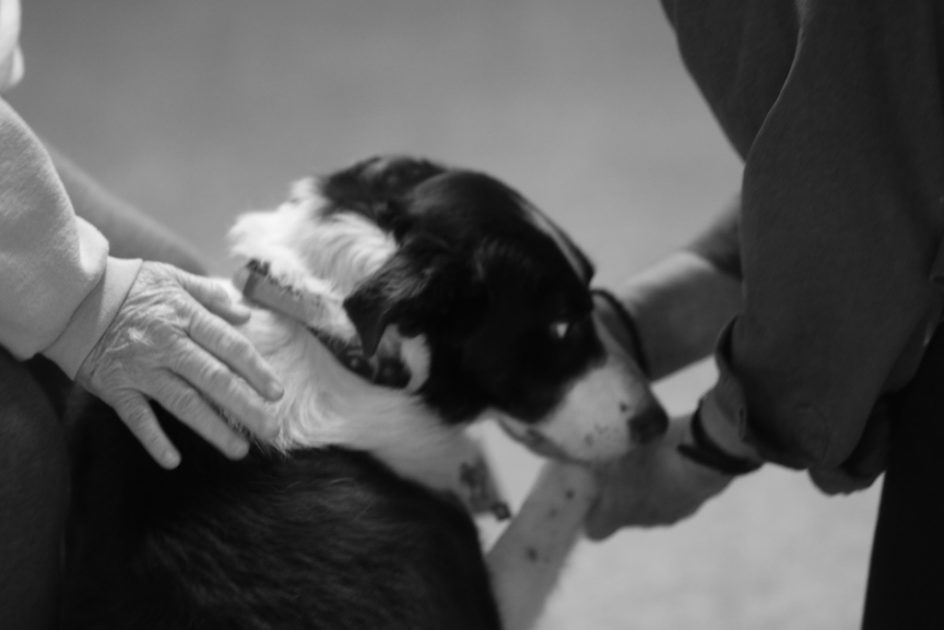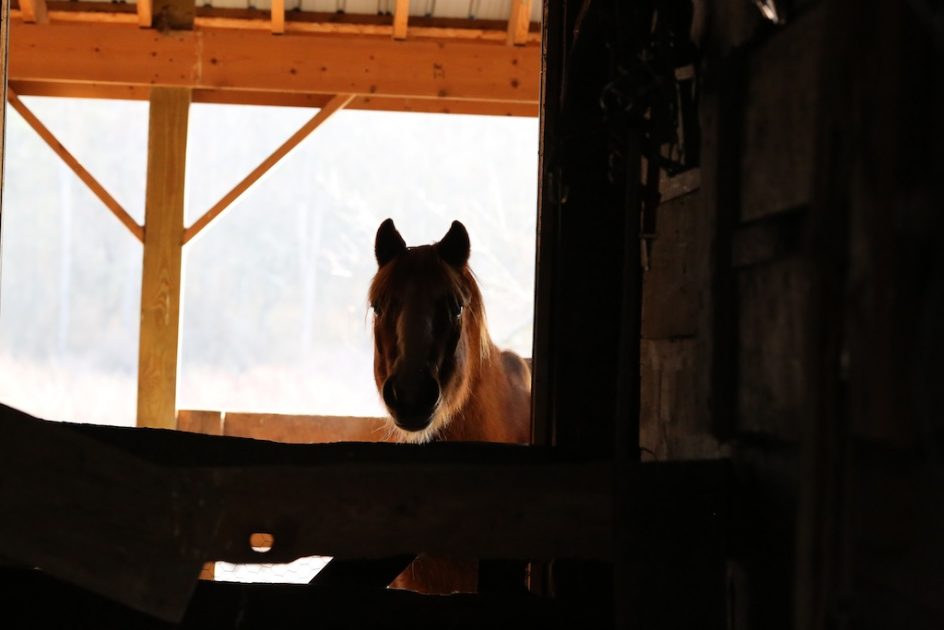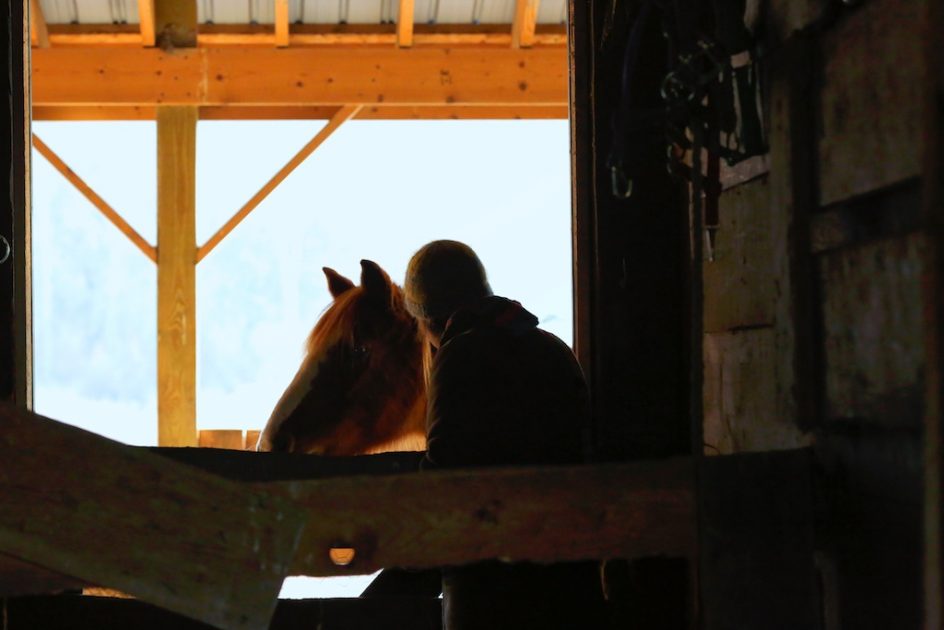
More and more, I believe in the importance and urgent relevance of my next book, “Talking to Animals: How We Can Understand Them And They Can Understand Us.”
Every day, I am reminded that we need a wiser and more mystical understanding of animals if they are to survive in our world. There is a widening schism between people who love pets and people who love and work with animals, it is imperiling many animals – carriage horses, elephants, ponies, working dogs – and driving them away from human beings, their very best chance of survival and safety in our greedy world.
We demand that horses lose their jobs pulling carriages, that ponies be banned from farmers markets, that elephants leave the circuses. But we take no responsibility what happens to them next. Most of them die, and most of them will not be seen again by the vast majority of human beings and children who live in our country. That is a tragedy.
The animal rights movement has lost its way, and seems to have no idea other than removing animals from people and depriving working animals of the work they desperately need, both for their health and survival. Pet lovers, disconnected from nature and the real world of animals believe it is humane to take animals away from their work and connection with human beings, and consign them to extinction, oblivion, idleness and slaughter – their cruelest fate.
Here on the farm, we are considering the future of Chloe, our working pony, and wondering if we have enough work her for her to do. A number of people are shocked by this idea and upset by it. They are questioning it in a civil and open way, I have no quarrel with their questions or their manner. They have the right to ask what our thinking is.
They raise questions that need to be addressed.
Yesterday, on my Facebook Page, Brenda White asked this question: “But does the need to work override the need for love and affection? Ask any human their preference, but I bet you already know the answer.”
I respect Brenda White and her question, and thank her for it, but it is revealing, and it speaks to the reason I wrote “Talking To Animals” and felt so strongly about the New York Carriage Horse controversy and many other animal struggles raging across the country. Brenda White means well, but her question deserves consideration, as does our pony, who is much loved here.
First off, the need to work and the need for love do not cancel one another out, animals deserve and are entitled to both.
I love my border collies and they love to work. They need both, not just one.
Sometimes, I will say, the need to work does, in fact, override the need for love, if not for good care. Working animals are bred to work, they need to work to be healthy, human notions of love do not necessarily apply to them, that is a projection of human, not animal needs.
It is shocking to many people, but the truth about working animals is that they most need work, not human ideas about affection.
If you ask any human who owns a working dog or horse, Brenda, you will find they will say that animals need work, and they need love. If you ask people who own pets the same question – I imagine you are a pet, not a working horse owner – you will get many different responses, including yours – the idea that human notions of love are what every animal most needs.
And that this is what “any human” believes. I think I qualify as a human, and it is not what I believe, despite your insistence that it is. I do not presume to know what you believe, please return the favor. If I believe something, I am not shy about telling it.
If my border collies could not find any work with me – sheep, therapy work, agility – I would look to re-home them in a minute, work is like breathing to my border collies, the cruelest and most abusive thing I could do for them is to take their work away and leave them only with my idea of love. I can’t think of a more selfish thing than that.
Maria’s concern for Chloe, a working pony, is that she is not getting the work she deserves. Maria is not riding her, and Chloe spent years helping teach children how to ride. That is a gift that should continue.
We don’t have the answers to our questions about Chloe, but it is both humane and appropriate to ask. Your valid question and concerns reminds me of the growing gulf I see between working animals and people who love animals. All across our country there are efforts to ban carriage horses from their work pulling carriages, elephants from their work entertaining people, ponies from their work giving rides to children, working animals keeping their jobs working with people.
We need a newer and wiser understanding of animals than this, and I am proud that I wrote a book addressing this question and offering ways in which we can understand animals and communicate with them in a better and wiser way than is the case now.
You can wait until May or you can pre-order the book now from Amazon or from Battenkill Books, my local independent bookstore. If you order it from Battenkill, I will sign and personalize it for you, you will also get a free independent bookstore Tote Bag and be given the chance to win a potholder or one of Maria’s inventive and very popular hand-drawn Bedlam Farm Tote Bags. You can call the store at 518 677 2515 or pre-order the book online.
The store takes Paypal and major credit cards, and thanks for reading this.

